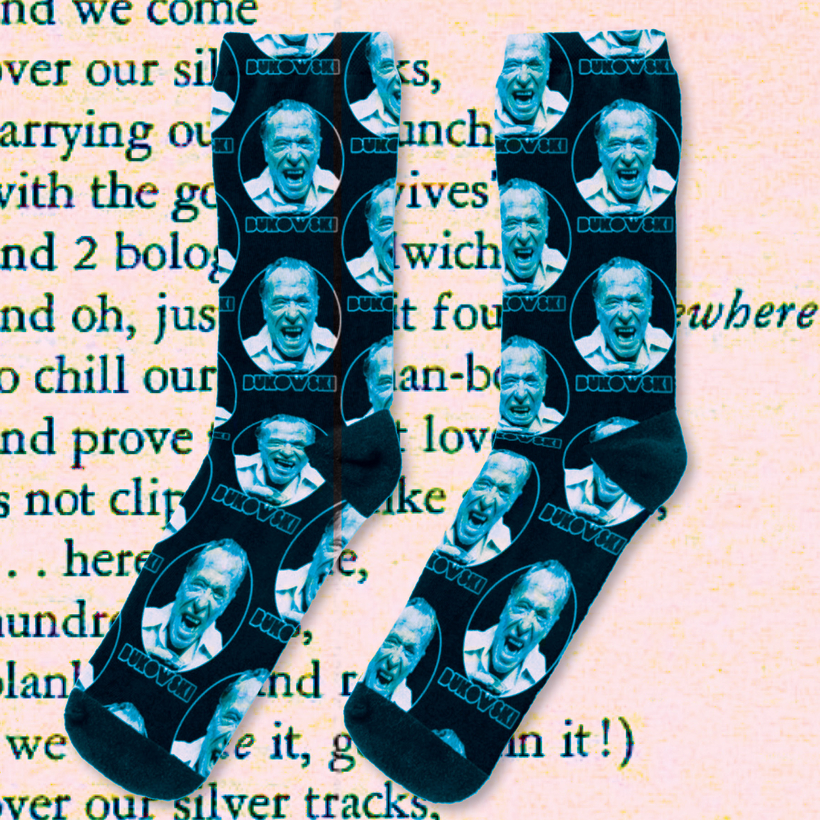In J. D. Salinger’s The Catcher in the Rye, Holden Caulfield fumes over his older brother D.B. selling out in Hollywood, “prostituting” himself by shilling scripts—like Barton Fink making wrestling pictures—and buying a Jaguar with the profits instead of sticking to his literary-minded fiction.
Today, if Holden got word of the signature lifestyle bling that the foundations of authors such as Hemingway, Fitzgerald, and Hunter S. Thompson are shilling, he might have torched Pencey Prep and murdered “old Stradlater.” Or, like “Papa” Hemingway, simply blown his brains out.


